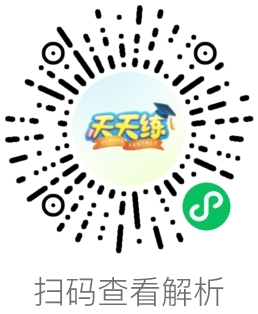12.A: Hello, Lingling! The examination is over. What are you going to do tomorrow?
B: (1)
A: To buy books? You are out! Why not go to the Readers' Club?
B: The Readers' Club? (2)
What's it?
A: It's a place for people to exchange their old books with others.
B: That sounds great! (3)
A: It's across from the zoo on Fleet Road.
B: Oh, it's a little far from my home. (4)
A: You can take a No. 9 Bus to get there.
B: How long does it take by bus?
A: (5)
B: Twenty minutes isn't a long time. OK. I'll go there. Thank you for telling me!
A: It's my pleasure.
A. Where is it?
B. It will take you about twenty minutes.
C. I am going to buy some books.
D. How can I get there?
E. I have never heard of it. |













